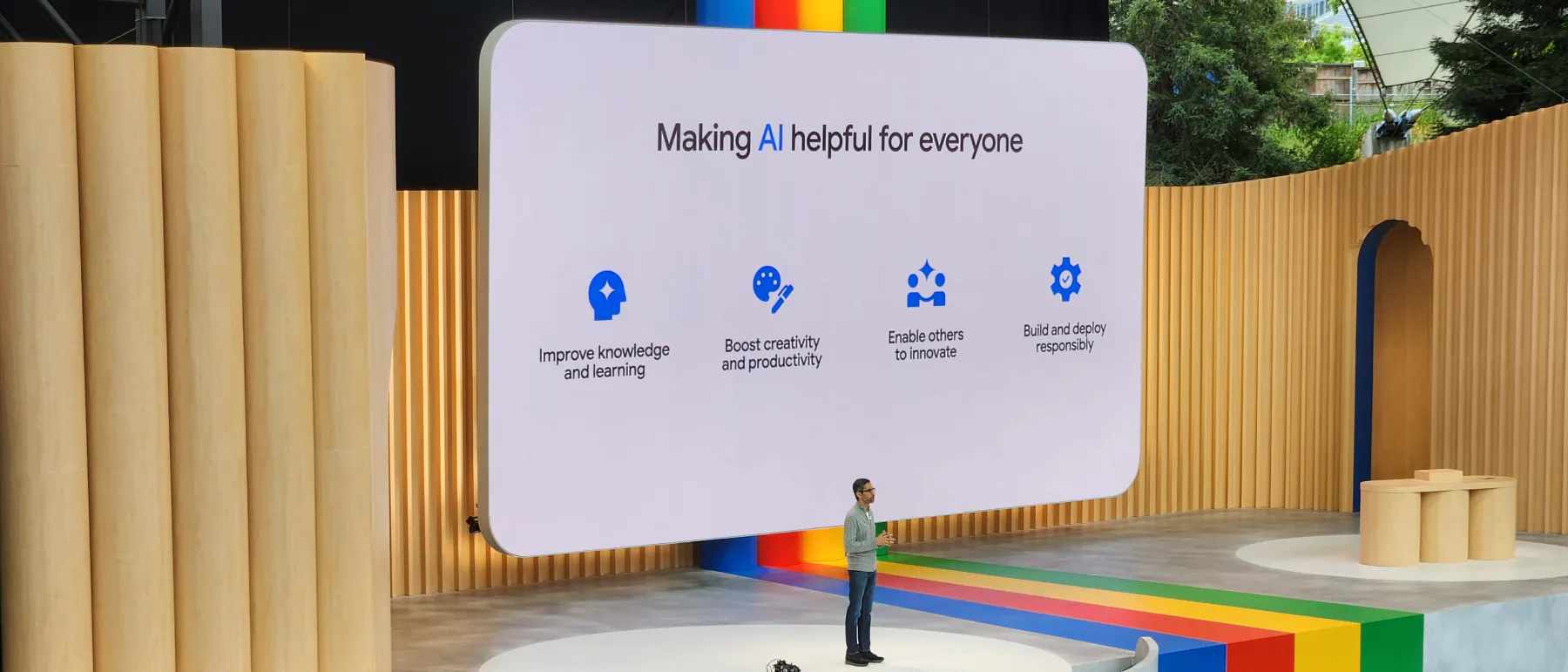Google: AI for Search Algorithm Optimization and User Experience

Short Description: Google utilizes advanced AI, including deep learning and NLP, to optimize its search algorithm, ensuring relevant and accurate results, enhancing user experience through features like featured snippets, and maintaining its dominant market position.
1. Introduction:
Google Search, the world's most widely used search engine, relies heavily on AI to deliver relevant and accurate search results.
Google leverages sophisticated AI, including deep learning and natural language processing, to optimize its search algorithm and enhance user experience.
This case study examines how Google utilizes AI to maintain its search engine dominance and provide a superior search experience.
2. The Challenge/Opportunity:
The internet's vast and ever-growing content poses a significant challenge for search engines.
Google must constantly refine its search algorithm to ensure that it delivers the most relevant and accurate results to users.
The opportunity lies in leveraging AI to understand user intent, analyze content, and provide a seamless search experience.
3. The AI Solution:
Google utilizes a variety of AI technologies, including:
- Deep Learning: Neural networks analyze vast amounts of data to understand complex relationships between words, phrases, and concepts.
- Natural Language Processing (NLP): NLP algorithms understand user intent, interpret search queries, and analyze the meaning of content.
- Machine Learning: Machine learning models continuously learn and improve based on user interactions and feedback.
- BERT (Bidirectional Encoder Representations from Transformers): Google's neural network-based technique for natural language processing pre-training. It helps google understand the nuances of language.
- RankBrain: A machine learning system that helps Google understand and process search queries.
Key functionalities:
- Intent understanding.
- Content analysis.
- Result ranking.
- Knowledge Graph integration.
4. Results and Impact:
Improved Search Accuracy: AI-powered algorithms deliver more relevant and accurate search results.
Enhanced User Experience: AI-driven features like featured snippets and knowledge panels provide users with quick and easy access to information.
Increased Search Engine Market Share: Google's continuous AI advancements have solidified its position as the dominant search engine.
Data and Statistics:
Google consistently reports improvements in search relevance and user satisfaction.
Google has shown how the use of BERT, and RankBrain have improved the quality of search results.
Qualitative Benefits:
- Seamless and intuitive search experience.
- Access to reliable and accurate information.
- Enhanced ability to discover and explore new content.
5. Key Takeaways:
- AI is essential for maintaining search engine dominance in a rapidly evolving digital landscape.
- Deep learning and NLP are crucial for understanding user intent and analyzing content.
- Continuous algorithm refinement and data-driven improvements are essential for providing a superior search experience.
- The use of AI, allows for search results to become more human like.
- Google's investment into AI, has allowed for the creation of a powerful tool, that is used by billions of people.
